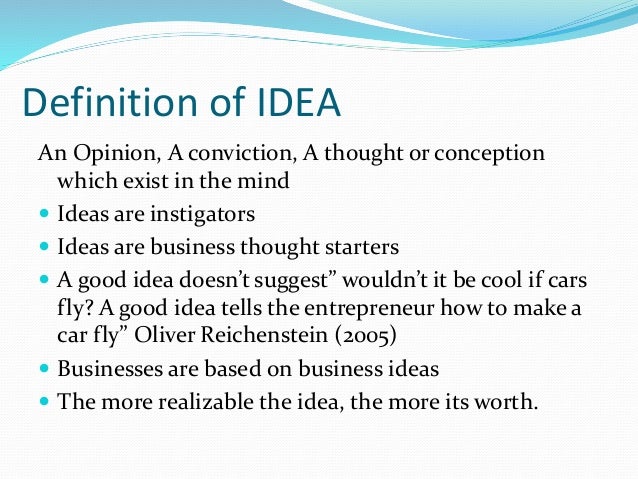

Smuts originally used “ holism” to refer to the tendency in nature to produce wholes from the ordered grouping of unit structures. However, in common usage, “holism” usually refers to the idea that a whole is greater than the sum of its parts. In this sense, “holism” may also be spelled “ wholism“, and it may be contrasted with reductionism or atomism.


The exact meaning of “ holism” depends on context. Further, that Holism also denoted a theory of the universe in the same vein as Materialism and Spiritualism. The term h olism was coined by Jan Smuts. Alfred Adler considered holism as a concept that represents all of the wholes in the universe, and these wholes are the real factors in the universe. Holism (from holos “all, whole, entire”) is the idea that systems (physical, biological, chemical, social, economic, mental, linguistic) and their properties should be viewed as wholes, not just as a collection of parts. Epistemological and confirmation holism.The whole is greater than the sum of its parts.


 0 kommentar(er)
0 kommentar(er)
